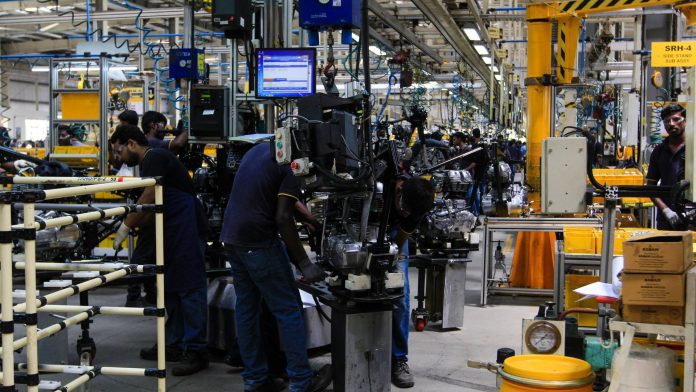A global auto manufacturing slowdown could begin in weeks as China’s export restrictions on rare Earth minerals and magnets continue to choke the supply chain, forcing European suppliers to pause production and threaten operations in the United States.
The European Association of Automotive Suppliers (CLEPA) confirmed that several European parts manufacturers have already halted production, citing a shortage of critical components. In the U.S., auto executives have issued warnings that domestic production may be scaled back imminently.
In addition, the disruption stems from China’s decision in early April to tighten export controls on rare earth minerals and magnets, which are essential for manufacturing hybrid vehicles, EV motors, catalytic converters, and other automotive components. While Beijing introduced the measures in response to new tariffs from President Trump, most of which have since been paused, the export restrictions remain in force globally.
China dominates over 90% of the global rare earth supply chain, making its licensing policies a critical bottleneck. According to the Asian newspaper Nikkei, only 25% of export license requests have been approved since the rules took effect. The New York Times reported that the delays are affecting even Chinese manufacturers, with some magnet producers pausing operations amid export gridlock.
Moreover, the escalating restorations have broader implications that extend beyond the automotive industry, affecting sectors such as robotics and defense. However, automakers face particularly acute risks due to their heavy reliance on rare earth magnets in powertrains and high-tech vehicle components.
If licensing barriers persist, both American and European automakers could face cascading delays, reduced output, and potential shutdowns across key assembly lines.



